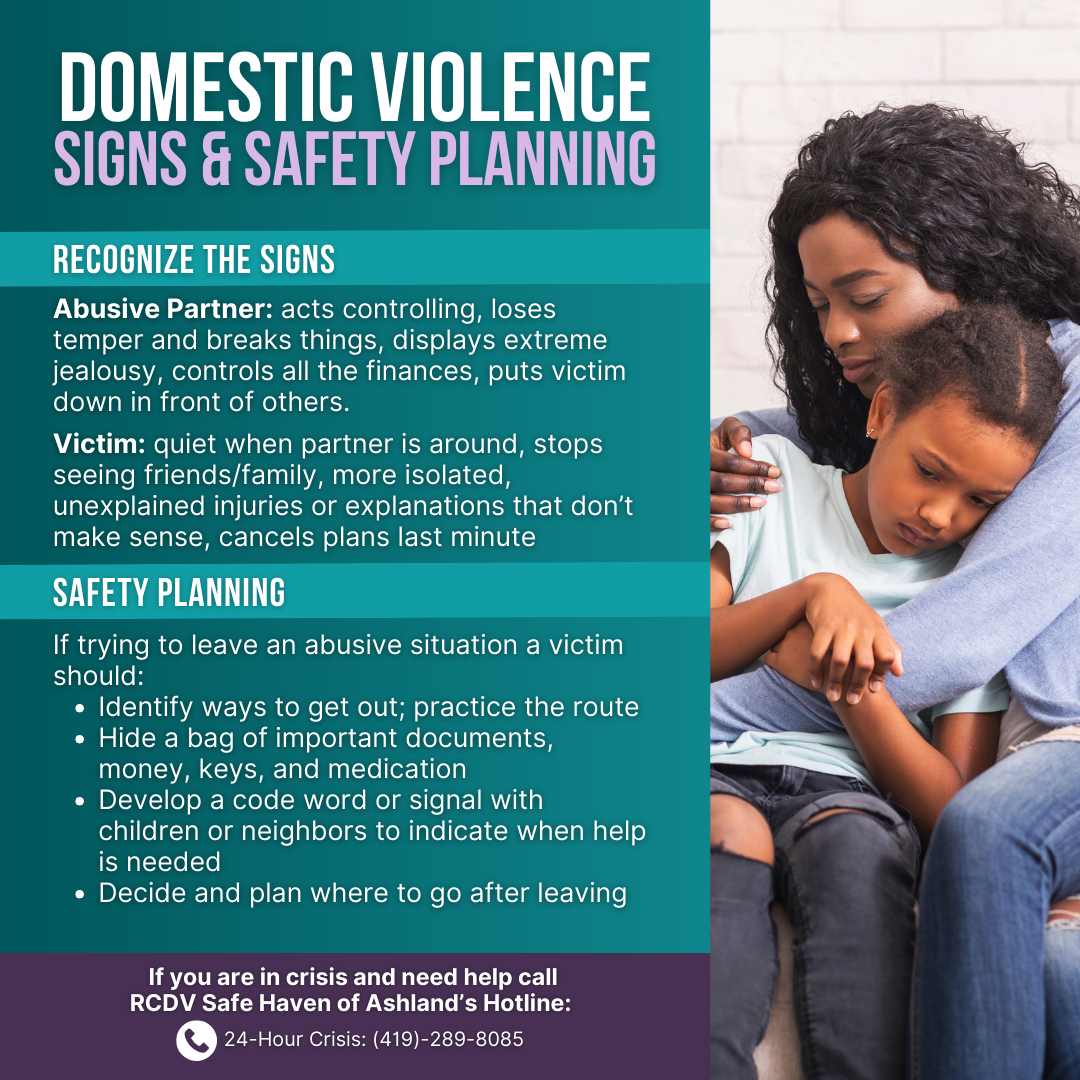Is social media really a new addiction?
A recent research study has found that over the past two years, as we try to cope with all of the disruptions and changes related to COVID-19, cell phone and social media use has skyrocketed. Social media is a way to stay in touch with friends and family. Owning and using a mobile phone is almost necessary in our culture with many occupations requiring smartphone accessibility. Sixty-nine percent of adults and 81% of teens use social media–so what does that mean for our brains?
I want to talk a little about how smartphone overuse and social media are detrimental to our mental health. The study’s author reports that “Problematic smartphone and social media use correlates to three unhealthy outcomes: the loss of self control, the fear of missing out, and repetitive negative thinking.” Consider how these outcomes contribute to more serious mental health issues like anxiety or depression and even physical ailments.
According to the Mclean Medical School, social media has a reinforcing nature. Using it activates the brain’s reward center, making these platforms designed to be addictive and associated with anxiety, depression, and even physical ailments. It is the unhealthy and addictive use that is a problem. Overuse and overreliance is strongly correlated with a number of poor mental health outcomes.
- Find alternatives to mitigate these effects and avoid compulsively scrolling through your phone.
- Call a friend, do a word puzzle, read, or take a walk. Set limits for yourself and your children.
- Encourage creative and activity based pursuits in place of social media.
-Jerry Strausbaugh, EdD, LPCCS, Executive Director
Resources







